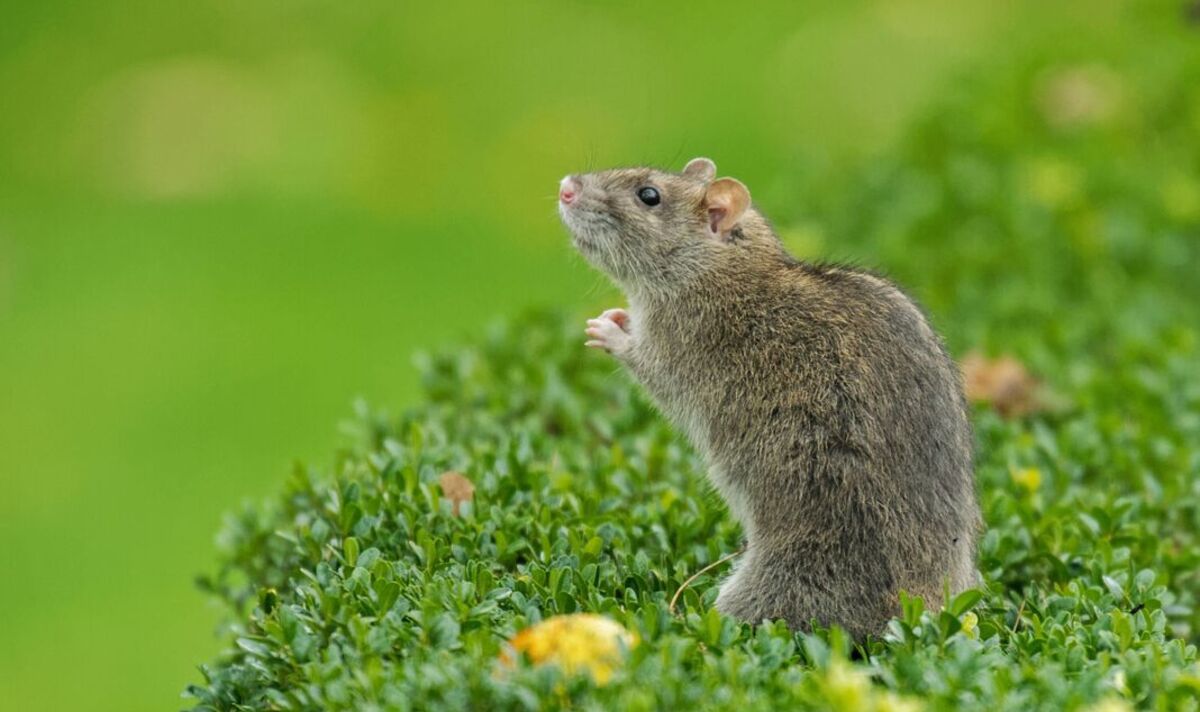TikTok: Home is full of rats from neighbour’s messy house
Rats are destructive and unhygienic pests that can wreak havoc in gardens and outbuildings.
The commonplace rodent is a big problem in the UK with there being an estimated 250 million rats across the nation.
So it’s no surprise rats end up in visiting people’s gardens and building nests. With that said Sutton Manor Nursery have shared several ways to banish rats from gardens.
The experts said: “If you find rats in your garden, you should not put down rat poison outdoors. This is because it is extremely dangerous to birds, wildlife and pets.
“The poison can also be harmful to children. Instead, you should contact pest control services as they will be able to provide assistance.”

They also shared some other ways to get rid of rats in the garden.
1. Keep gardens neat and tidy
Homeowners need to keep rubbish out of sight and ensure all bins are tightly concealed, especially compost bins.
Rats will be more attracted to areas if there’s a bin overflowing with rubbish as they can use it as shelter.
Keeping gardens tidy will make homes look more appealing while keeping pests at bay.
2. Keep bird food covered and out of reach
Those who feed birds or wildlife in their gardens could unknowingly be attracting rats.
The experts said: “Rats are attracted to bird seeds, so if there are any leftovers, they can scurry on over to feast on them.
Don’t miss…
Five ‘inexpensive’ tips to revamp garden patios and ‘brighten’ the space up[UPDATE]
Five plants to never grow in your garden to avoid ‘losing thousands’[INSIGHT]
‘Very effective’ tip to get rid of mosquitoes – they ‘cannot stand the aroma’[LATEST]

“We suggest using covered bird feeders to ensure the food is protected and any leftover bird seeds are not accessible to rats. It is also a good idea to make use of raised feeders so that rats will not be able to reach them.”
3. Get rid of extra food
Rats are opportunistic and will feast on any extra food items like vegetables, fruits and berries.
Ensure any extra food is removed from the garden as these could encourage rats to visit.
4. Secure any holes or points of entry
The experts said closing up holes and entry points will ensure they won’t enter homes, sheds or outbuildings.
We use your sign-up to provide content in ways you’ve consented to and to improve our understanding of you. This may include adverts from us and 3rd parties based on our understanding. You can unsubscribe at any time. More info
“You should make sure all holes and cracks are filled in so rats cannot enter,” they said.
“The small creatures find it easy to fit into holes and even create holes to navigate around the garden and outdoor space. However, they can be extremely dangerous and are best kept away.”
5. Contact experts
If there’s a suspected rat infestation in the garden, it may be time to call in experts.
Pest control experts will be able to assess the individual situation and give personalised advice. They will also be able to carry out any required actions.
Source: Read Full Article
